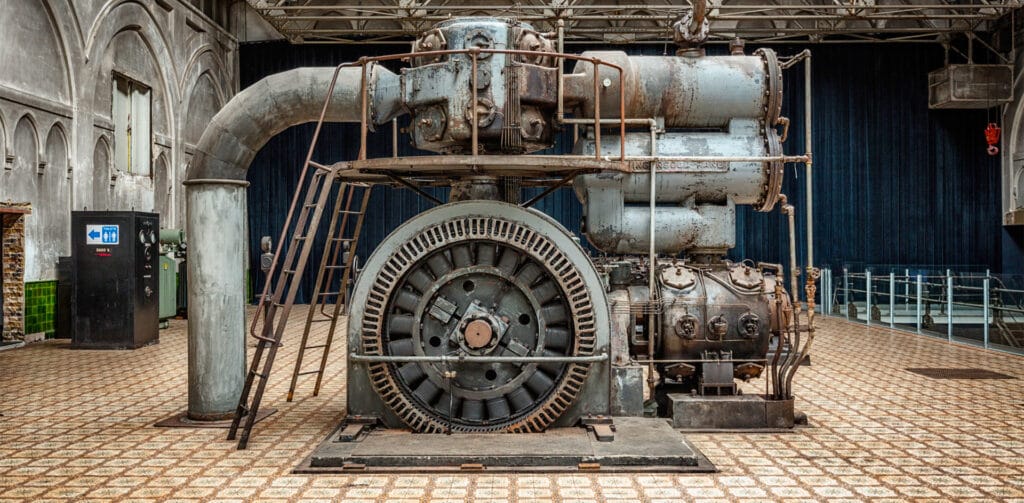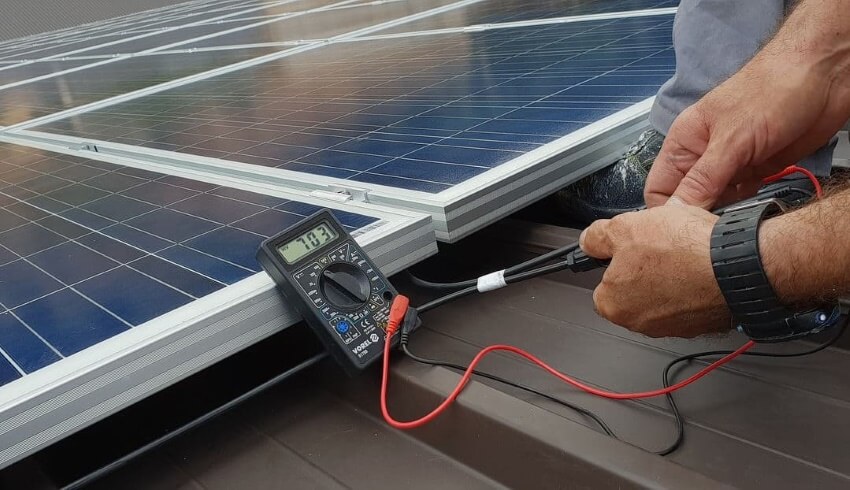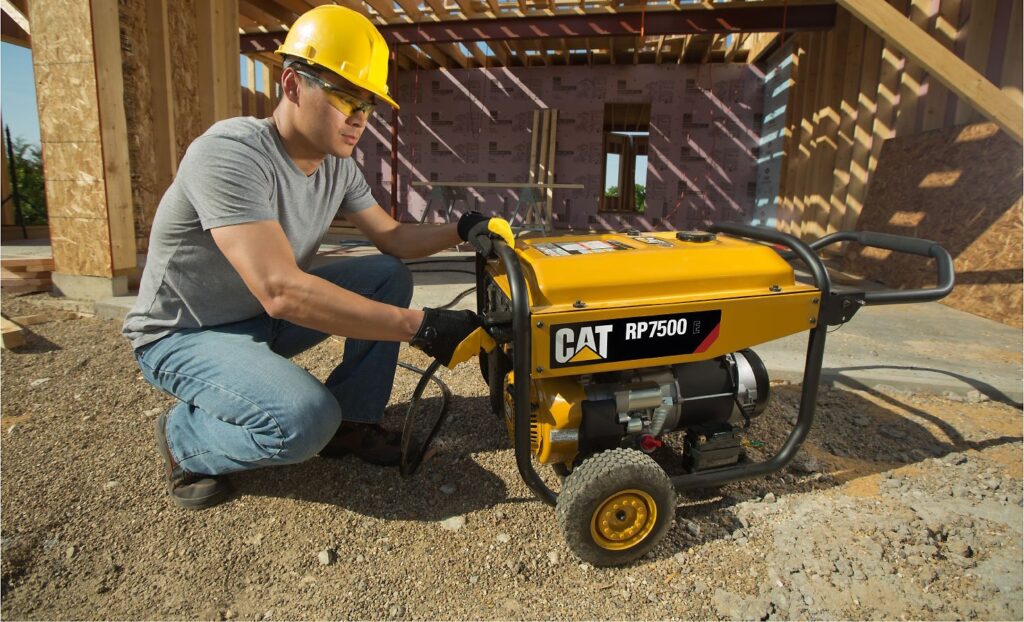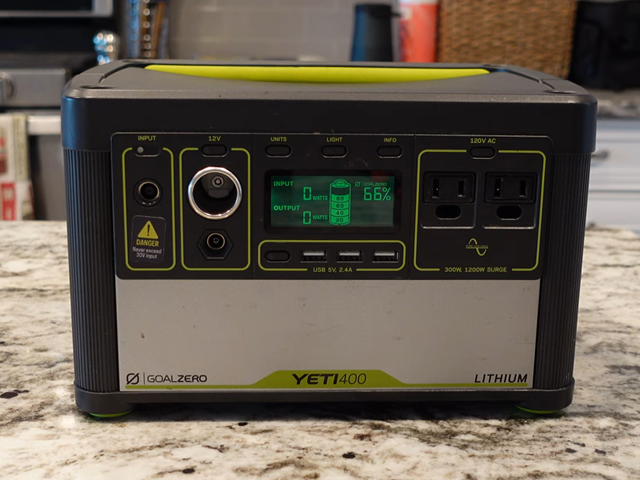
Energy conservation is increasingly becoming a topic of interest nowadays. There are several reasons why everyone should aim to conserve energy. One of the main reasons is that energy conservation can help you save money. Additionally, it can help you prevent environmental pollution.
The common question, however, is what are the ways to conserve energy. In this post, we’ll highlight some of the best ways to conserve energy at home. So, let’s dive right in!
When it comes to conserving energy in a home, there are various sectors that you should look at. You can start with the kitchen, laundry and bathroom, and electronics. Moreover, you can work on your home’s lighting and ventilation.
The kitchen is one of the areas you can start with when you want to conserve energy. This is because the kitchen contains several appliances that require energy to run. Here are some tips you can use to conserve energy in your kitchen.
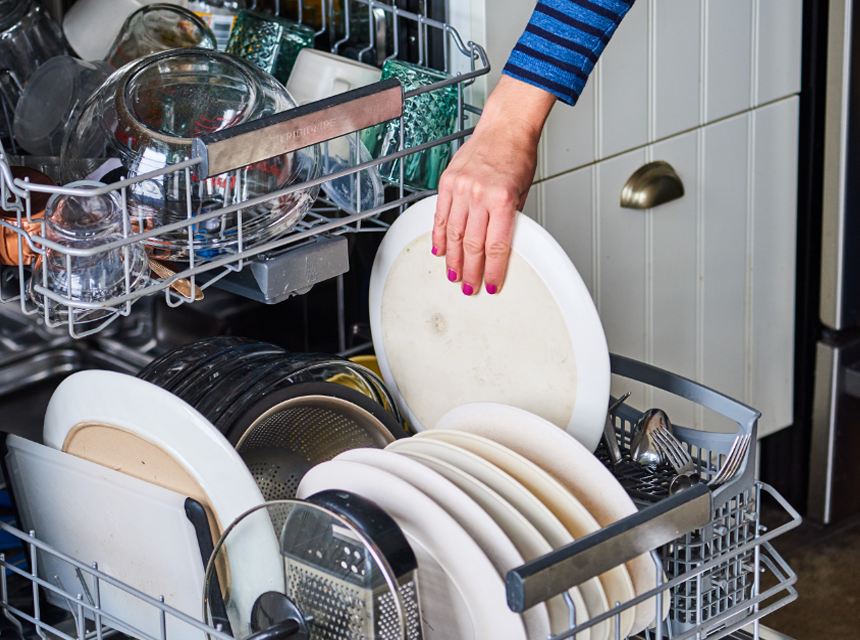
A dishwasher is an essential kitchen appliance since it enables you to clean your utensils thoroughly according to health standards. Additionally, this kitchen appliance cleans utensils quickly, saving you time.
Despite these advantages, dishwashers consume a lot of energy, increasing your monthly electricity bills. This can be worse, especially if you wash less using the dishwasher regularly. Even if the utensils are not many, your dishwasher still consumes the same amount of electricity once you run it. To avoid this issue, consider using your dishwasher when it’s fully loaded.
After washing your utensils, you need to dry them to prevent bacteria from multiplying. This helps to protect you and your family members from food-borne infections.
All dishwashers come with a drying feature that uses pressurized hot air to dry dishes by turning condensation on the plates into steam. After that, it expels the steam from the dishwasher. As a result, your utensils will dry quickly, saving you time. The drying feature is also quite efficient when it comes to killing bacteria.
Although the drying feature on your dishwasher can be convenient, it uses a lot of electricity, increasing your energy bills. The best way to solve this issue is by air drying your utensils. Once the cleaning cycle is complete, open your dishwasher and let the utensils dry slowly by themselves.
Refrigerators come with condenser coils that discharge heat until the air inside the refrigerator reaches the desired temperature. With time, the refrigerator coils may become dirty, preventing them from releasing heat effectively. As a result, the compressor has to work harder, consuming more energy.
One of the major signs of dirty coils is a humming sound coming from your refrigerator. To reduce the energy consumption rate of your refrigerator, clean the coils. Depending on the model and brand, they could be beneath, behind, or at the back of the refrigerator. You can do it alone or seek the help of a professional technician.
An oven can help you prepare delicious foods, but you’ll have to pay the price in exchange for sweet food. Electric ovens use a lot of electricity to run. On average, they consume about 2000-3000 watts per hour. This electricity consumption rate is too high and can significantly increase your energy costs.
In this case, you can consider using a microwave to prepare some foods. This equipment cooks just like an oven but consumes less energy.
Your laundry and bathroom also contribute towards your high monthly energy bills. Therefore, they should be among the first places to consider if you want to make your home energy efficient. Below are the tips you can use.
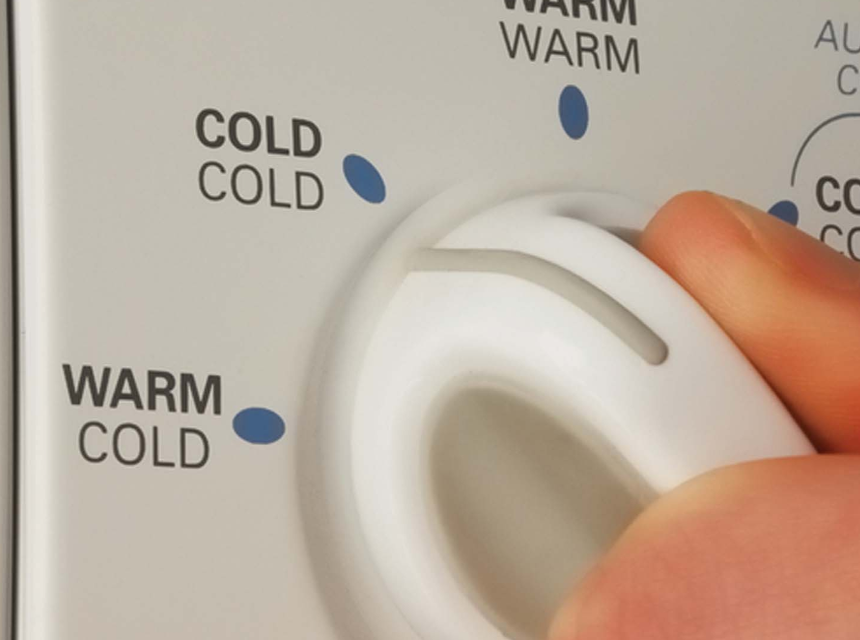
Washing clothes is among the main weekly routines in most American homes. Most homeowners prefer using washing machines for convenience, particularly with warm water. However, using warm water to wash your clothes can be energy intensive. In fact, warming water consumes most of the energy utilized when washing clothes. For this reason, it’s important to use cold water. According to studies, you may save about $0.15 per load Trusted Source Here's exactly how much you'll save doing laundry in cold water CSMonitor.com The numbers are clear if you wash on hot, you’re dumping water and money down the drain. www.csmonitor.com .
Besides saving energy, using cold water to wash clothes enables your clothes to last longer since it reduces heat damage. Also, your clothes will have fewer wrinkles, saving you the time and energy used to straighten them.
Air drying your clothes is another effective way to save energy in your home. After washing your clothes, you can hang them on the clothesline outside your home and allow them to dry instead of using the washing machine dryer. Although they may take longer to dry, it’s worth it.
Nevertheless, this option is only favorable for people who have homes with backyards and not those living in apartments. Also, it’s highly effective during summer when the weather is warm. During winter, you can look for another alternative. For instance, you can set up a place for drying clothes in your basement.
Taking shorter showers is one of the best ways to conserve energy at home. Typically, a 10-minute shower uses about 18 gallons of water, and heating this water consumes a lot of energy. The longer you stay in the shower, the more water and energy you’ll use. Therefore, it’s important to reduce the amount of time you spend in the shower.
Apart from saving energy, taking a shower also protects your skin Trusted Source Is a Hot Shower Bad for Your Skin? During the winter months, many people enjoy taking a soak or shower in hot water to warm up and shake off the chill. Although tub time may feel like a luxury, it can wreak havoc on your skin by drying it out if done too often or if the water is too hot. share.upmc.com . When you shower for a long, the warm water strips the skin of its natural oils and dries it out. Dry skin can cause itchiness and even breakouts.
Are your water bills rising each month? The problem could be your showerhead or faucets. Most older homes have outdated shower models, which usually dispense a lot of water. On average, these showerheads release about 2.5 gallons of water per minute.
You can conserve energy in your home by replacing old showerhead models with new ones. These new models have a low water flow rate, helping you conserve water and the amount of energy used to heat it.
Old faucet models also waste a lot of water. Consider replacing them with new models that release less water or attach aerators at the end.
Lighting is necessary for your home since it improves the mood and ambiance. Home lighting consumes energy. If you are not careful, you may end up paying a lot of money which can be a loss. Therefore, you should look for ways to cut down your lighting energy costs. Fortunately, there are several methods that you can use, as discussed below.
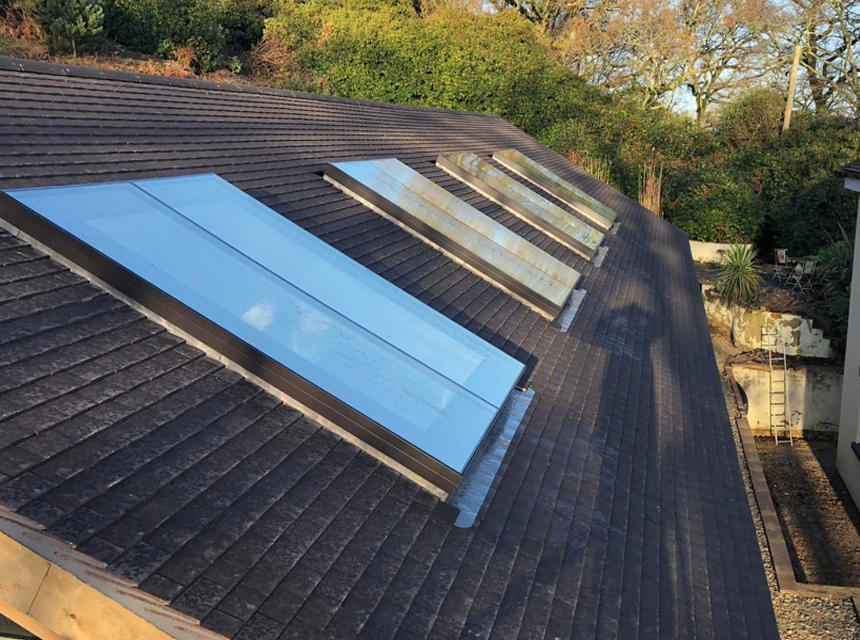
Utilizing natural light is one of the easy ways to conserve energy in your home. You can let nature into your home in several ways. First, install big windows that allow a lot of natural light to enter your home without necessarily opening them, especially during summer when the air outside your home is too hot. Additionally, use window treatments and attachments that let you utilize natural light while minimizing the heat absorbed.
Another method you can use to let natural light into your home is through your roof. Consider installing the translucent roofing material. These materials allow natural light to enter your home while still protecting you from adverse weather conditions. As a result, you don’t have to light your bulb at all times, saving you energy costs.
The type of bulb you use determines the electricity bill you’ll pay. Nowadays, most homeowners are switching from traditional incandescent bulbs to LED bulbs. This is because LED bulbs consume less energy, significantly reducing your energy costs.
Another advantage of using this bulb type is that it is quite efficient during cold weather compared to its incandescent counterparts. Additionally, LED bulbs are long-lasting. According to most reviews, these bulbs can last 25 times longer than incandescent bulbs. This feature helps to compensate for the higher upfront cost.
Solar energy Trusted Source Benefits of Residential Solar Electricity Department of Energy What are the benefits of solar energy? www.energy.gov can be the best alternative to electricity since it’s cleaner and safer. If you want to enjoy the benefits of solar energy, consider installing solar panels. All you need to do is choose a solar panel size that can serve the needs of your home. We’ve made it easy to complete the list of the best portable solar panels, and if you live in a place where there are not many sunny days, here is the list of the best solar panels for cloudy days.
The good thing about using solar energy is that you only incur the initial cost. Although it can be quite expensive, you’ll save money in the long run since you’ll avoid paying monthly electricity bills. After installation, you’ll only need to maintain your solar panel system once in a while, and it is not expensive.
Previously, people used to avoid solar energy due to the high initial cost. However, nowadays, the government has put in place tax incentives to encourage homeowners to start using solar energy.
Although LED bulbs can help you save energy, you can save energy even further by turning off the lights when you don’t need them. For instance, if you’re in the living room, turn off the lights in your bedrooms, kitchen, or other rooms that are not in use. You can also turn off the lights when you go to sleep since you don’t need them. If you have security lights on your property, turn them off as soon as you get up in the morning.
According to the rule of thumb, you should switch off the lights in your room if you know you’re going to be away for more than 15 minutes. Adapting to this routine can be difficult at first. However, if you make it a habit, you’ll get used to it after some time. Also, enlighten every member of your household about this routine. Otherwise, you may not see any results if only a few family members follow the routine.
Outdoor security lights are important in a home since they discourage thieves from entering your property. These lights also make you feel secure, giving you peace of mind.
Some homeowners prefer to leave the lights on for the whole night. However, that should not be the case since these bulbs can consume a lot of electricity. Instead, consider using motion sensor lights. These lights remain off most of the time and only light up when they sense someone walking nearby.
Your home’s ventilation also plays a crucial role in energy conservation. In case you are wondering what some of the ways to conserve energy through ventilation are, go through this section carefully.
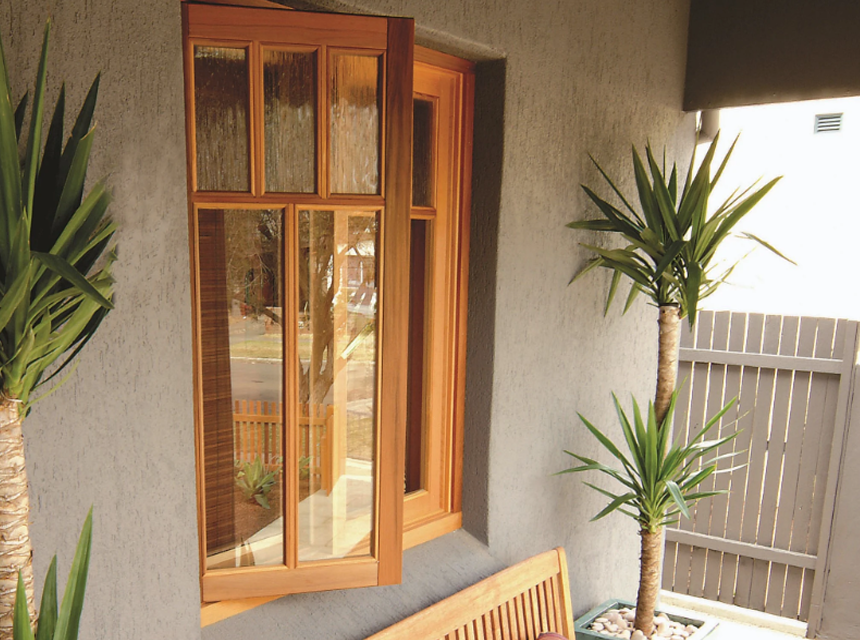
Save on your heating and cooling costs by utilizing natural ventilation in your home. One of the best ways to naturally ventilate your home is through your windows. For instance, you should keep your windows closed during summer. Generally, the air outside your home is hotter than the air inside your home during hotter months. Therefore, if you open your windows, the hot air will flow into your home. As a result, your AC has to work twice as hard to keep your home cool, increasing your energy costs.
Alternatively, you can raise your windows to create the chimney effect. This form of natural ventilation relies on a simple physics principle which states that cool air sinks while warm air rises. These convection forces can cool your home without necessarily using electricity.
Another way to naturally ventilate your home is through the attic. You can install roof, soffit, or gable vents to your attic to reduce your heating and cooling costs throughout the year.
Your HVAC system comes with air filters to trap tiny dust particles and ensure the air that enters your home is safe for breathing. After some time, the dust particles will accumulate on air filters and clog them. As a result, they won’t function efficiently. Dirty air filters also force your air conditioning system to work too hard to cool the air in your home.
As you already know, HVAC systems consume a lot of energy, and dirty air filters can make the system consume more energy. Therefore, you should consider changing your air filters regularly. According to research, change your air filters after every 30 days Trusted Source HVAC Maintenance Tips Forbes Home If you have an HVAC system, it’s important to know some HVAC maintenance tips to keep your costs low and your system longlasting. www.forbes.com .
Apart from raising your heating and cooling costs, dirty air filters can also damage your air conditioning unit. Regularly changing the air filters extends the system’s lifespan saving you the cost of replacing it regularly.
A thermostat is a component of the air conditioning system that detects the temperature in your home and adjusts it according to your preference. If you want to improve your home’s energy efficiency, consider installing a programmable thermostat. This device allows you to set it to turn off when you are away or asleep automatically. Additionally, it can increase or reduce heating and cooling in your home according to your preference. By installing a programmable thermostat, you may reduce energy costs without upgrading your HVAC system.
There are different types of programmable thermostats available in the market. Some types allow you to schedule them daily, while others allow you to schedule weekly plans. Programmable thermostats may also come with additional features like indicators for filter replacement or other HVAC issues, enhancing the effectiveness of your system.
For better results, consider using a smart thermostat. According to most reviews, the best smart thermostat to use is the RTH9585WF Wi-Fi Smart Color Thermostat from Honeywell Home. This device allows you to set it remotely using other devices, such as phones. Some smart thermostat models can even learn the trend and set themselves automatically without requiring you to do anything.
Almost all homes have electronics for various purposes, including entertainment, cooking, exercising, and purifying. All electronic appliances need electricity to operate. If you are not careful, you may waste a lot of energy. Here’s how to conserve energy with electronics. A good rule of thumb is to use a wind turbine, here is the list of the best home wind turbines for more energy efficiency.
It is common to leave electronic appliances plugged into the sockets after turning them off. What most people don’t know is that some electronic appliances use electricity even when they are not on. Such appliances are known as vampire appliances and can contribute to an increase in energy costs.
Therefore, if you are not using a certain electronic appliance, unplug it from the main power source after turning it off.
A power strip is a device you can connect to your wall socket and get several sockets to plug in other electronic equipment. This way, you can use several electronic devices at once.
Power strips offer various advantages. First, they enable users to avoid overloading power outlets and prevent them from consuming unnecessary energy. Power strips also effectively distribute electricity to gadgets. This reduces the time devices need to wait to charge and energy waste. If you are looking for the best power strip, consider Smart Power Strip WIFI Surge Protector.
Insulation is one of the major ways you can use to enhance your home’s energy efficiency. Below are some of the tips you can use to insulate your home.
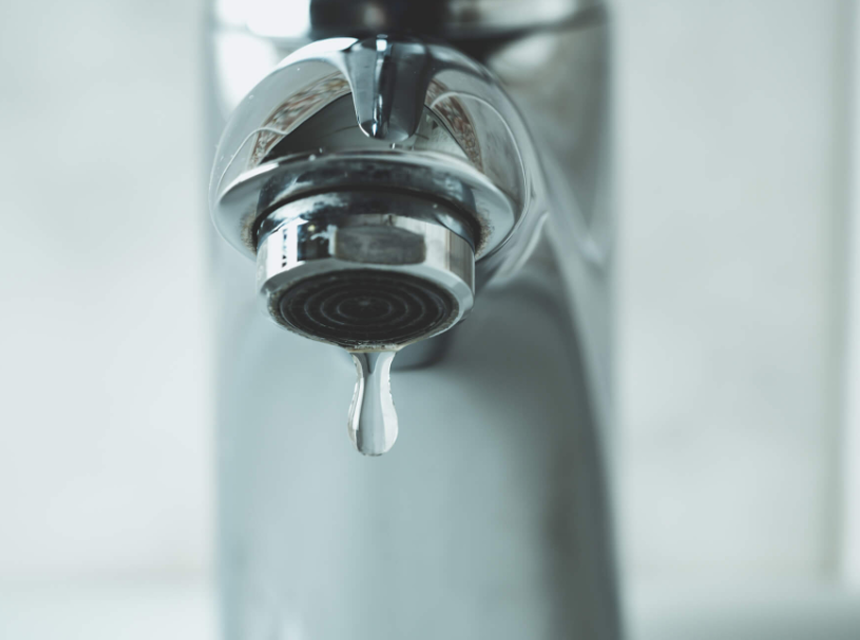
At some point, cracks, gaps, and leaks may develop around your home’s doors or windows. These spaces allow air to flow into and out of your home freely. As a result, your AC has to work twice as hard to keep your home cool during summer or warm during winter, increasing your energy costs.
The best way to solve this issue is to fill the cracks, leaks, and gaps with caulk. This process is quite simple, and you can do it yourself.
Weatherstrips are materials made of rubber or metal that you can add to the edges of movable parts of your home, such as windows or doors, to prevent indoor air from escaping. These materials can also prevent outdoor air from entering your home. As a result, you’ll reduce your heating or cooling costs.
After some time, these materials may wear out, reducing their efficiency. In such a case, it’s important to replace them. You can get weatherstripping material from a local store or order online. When buying these materials, there are several factors that you should consider to avoid making mistakes. They include how frequently you use the window or door, style, material, or the part that you are sealing.
Once you buy the material, you can install them on your own. You can also consider seeking professional services.
Some people have a house fireplace to provide warmth during cold months. A fireplace also lights your house, eliminating the need to turn on your bulbs. When you light firewood, it may produce smoke. The smoke can cause various respiratory issues if you inhale it. Therefore, you have to look for a way to channel it out of your house, and that’s the work of a chimney.
Since a chimney is an opening, it allows air to flow in and out of your home, increasing your heating and cooling costs. Therefore, it’s important to cover your chimney with a balloon when it’s not in use. This heat-reactive balloon seals the chimney opening, preventing conditioned air from escaping.
During construction, you can leave a small opening on your ceiling, known as a hatch, to enable you to access your attic.
This opening can allow outside air to enter your home. To enhance your energy conservation efforts, it’s important to seal the hole to prevent outside air from entering your home. You can do this using an attic box, which you can make or buy.
The idea of energy consumption may sound intimidating to some people. Nevertheless, that should not be the case. As you can see from our post, these methods are manageable. You can start with some of the simplest ways to conserve energy as you advance to the next level. These small efforts add up over time to help you achieve the desired results.
